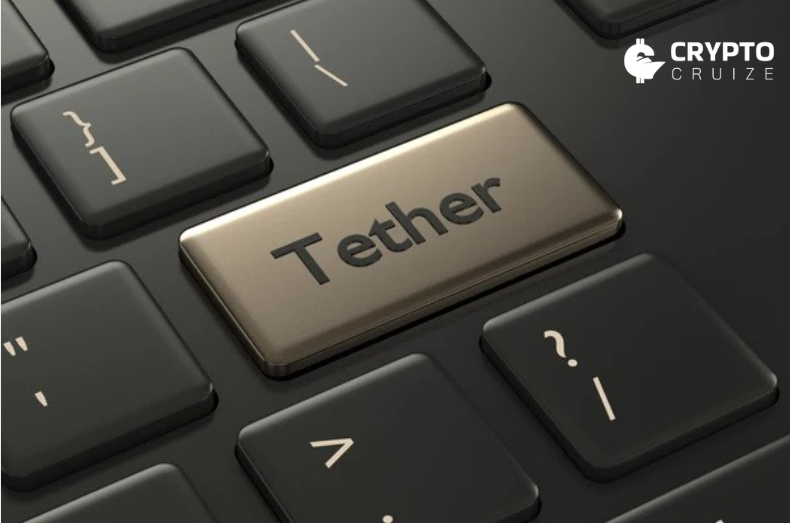The global payments network strengthens efforts to stop Russia and China from dodging sanctions through digital assets.
SWIFT, the backbone of global financial messaging, is tightening its grip on cryptocurrency-related transactions used to evade Western sanctions. The network, which serves over 11,000 institutions worldwide, is responding to concerns that Russia and China are using digital assets to sidestep restrictions imposed after the Ukraine invasion.
Tom Zschach, SWIFT’s Chief Innovation Officer, explained that the system includes built-in safeguards to help banks flag suspicious crypto transactions. “It’s a pretty mature infrastructure,” he said during a recent event in London. “These controls support compliance and prevent fragmentation in the financial system.”
Stablecoins in the Spotlight
The growing use of stablecoins—digital currencies pegged to the US dollar—for cross-border settlements has raised red flags. These tokens, including Tether (USDT), allow near-instant international transfers, bypassing the delays of traditional banking. While convenient, they pose a risk of being exploited for illegal trade.
Reports suggest that Russia has used such methods in oil trade with China and India, possibly moving as much as $192 billion while avoiding sanctions. The Wall Street Journal even highlighted the role of Tether in Russia’s shadow trade for weapons procurement.
A New Sanctions Challenge
Since the West ejected several Russian banks from SWIFT in 2022, Russia and China have experimented with alternative settlement methods. These include paying in gold, rare metals, and even gemstones, often routed through financial hubs like Hong Kong.
Cryptocurrency adds a new layer of complexity. Russia has reportedly launched two domestic crypto exchanges to support international trade. Meanwhile, smugglers and intermediaries are finding ways to shift digital currencies through loosely regulated platforms.
Zschach warned that without coordination, “digital islands” could emerge—disconnected financial systems that undermine global trust and oversight.
Asia’s Expanding Crypto Role
As Western countries crack down on illicit crypto use, several Asian nations are embracing digital assets. Japan plans to lower taxes on crypto profits, and South Korea is preparing to let institutions trade digital assets. Singapore is actively courting crypto firms, relaxing its regulatory stance to become a hub.
However, questions remain about whether these growing markets will become loopholes for sanctions evasion. Crypto companies in the UK have already begun reporting suspected breaches. Of 50 self-reports to British authorities, three came from crypto firms.
While the UK is set to finalise crypto regulation in 2026, the gap until then leaves room for exploitation. Researchers from the Brookings Institution warned that stablecoins could be used not just to evade sanctions, but also to fund terrorism.




















































